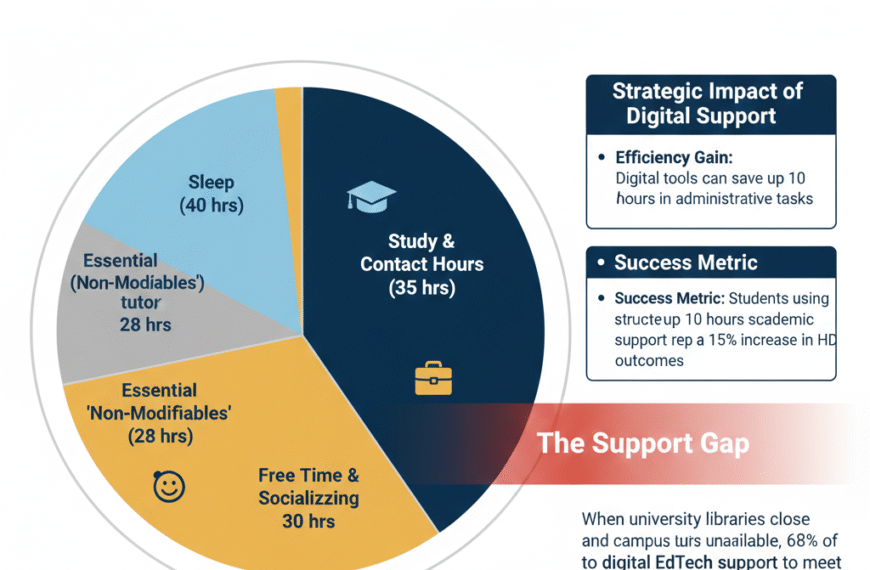Quantum computing represents a fundamental shift in how we understand and process information. While the technology is still in its early stages, the potential it holds for revolutionizing industries, particularly the tech sector, is nothing short of astounding. In this article, we will explore how quantum computing will transform the tech industry and what that means for businesses, consumers, and society as a whole.
Understanding Quantum Computing
What Is Quantum Computing?
At its core, quantum computing is a new type of computing that leverages the principles of quantum mechanics, a branch of physics that deals with the behavior of subatomic particles. Unlike classical computers, which use bits to process information in binary (0s and 1s), quantum computers use quantum bits, or qubits. These qubits can represent multiple states simultaneously, thanks to two fundamental quantum phenomena: superposition and entanglement. This enables quantum computers to perform complex calculations much faster and more efficiently than traditional computers.
See also: The Evolution of Cloud Computing: What’s Next for the Digital World?
The Rise of Quantum Computing
Quantum computing is still in its infancy, but recent advancements have brought us closer to realizing its full potential. Tech giants like Google, IBM, and Microsoft, along with numerous startups, are leading the charge in developing quantum computers capable of solving problems that are currently impossible for classical computers to handle.
7 Ways Quantum Computing Will Revolutionize the Tech Industry
1. Accelerating Artificial Intelligence and Machine Learning
Artificial intelligence (AI) and machine learning (ML) are already having a significant impact on industries ranging from healthcare to finance. Quantum computing will provide a massive boost to these technologies by enabling faster data processing and more accurate predictions. Quantum computers can handle vast amounts of data in parallel, improving the speed and efficiency of machine learning algorithms. This will lead to breakthroughs in areas like natural language processing, computer vision, and autonomous vehicles.
2. Enhancing Cybersecurity
Cybersecurity is a growing concern as cyberattacks become more sophisticated. Traditional encryption methods, such as RSA and AES, rely on the difficulty of solving mathematical problems. However, quantum computers have the potential to crack these encryption methods in seconds. This poses a significant threat to data security, but it also opens the door for quantum encryption techniques that are far more secure. Quantum key distribution (QKD), for example, uses the principles of quantum mechanics to create unbreakable encryption, ensuring the protection of sensitive data.
3. Revolutionizing Drug Discovery and Healthcare
Quantum computing will have a profound impact on the healthcare industry, particularly in drug discovery and personalized medicine. Quantum computers can simulate complex molecular interactions that classical computers cannot. This will allow researchers to model and test new drugs more efficiently, potentially leading to breakthroughs in the treatment of diseases such as cancer and Alzheimer’s. Additionally, quantum computing could enable the development of personalized medicine by analyzing vast amounts of genetic data to tailor treatments to individual patients.
4. Optimizing Supply Chains and Logistics
Supply chains are complex systems that require constant optimization to ensure efficiency and minimize costs. Quantum computing can analyze and optimize supply chains on a scale that is impossible for classical computers. By processing vast amounts of data in real-time, quantum computers can predict demand, optimize routes for delivery, and reduce waste. This will be a game-changer for industries such as manufacturing, retail, and transportation, where efficiency is key to profitability.
5. Advancing Financial Modeling and Risk Management
The finance industry relies heavily on complex mathematical models to predict market trends and assess risk. Quantum computing’s ability to solve these models exponentially faster than classical computers will give financial institutions a significant edge. Quantum computers can simulate multiple financial scenarios in real-time, enabling more accurate risk assessments, faster decision-making, and improved portfolio management. This will lead to better financial products and services for consumers and businesses alike.
6. Improving Climate Modeling and Sustainability Efforts
One of the most pressing issues facing humanity today is climate change. Quantum computing can aid in climate modeling by simulating complex systems such as ocean currents, atmospheric conditions, and weather patterns. This will enable more accurate predictions of climate change and help policymakers make better decisions about sustainability efforts. Furthermore, quantum computing can optimize energy usage in various industries, reducing carbon footprints and helping the world transition to greener technologies.
7. Pushing the Boundaries of Scientific Research
Quantum computing has the potential to revolutionize scientific research by enabling simulations and calculations that were previously thought to be beyond reach. In fields such as physics, materials science, and astronomy, quantum computers can model complex systems and phenomena that are too intricate for classical computers. This could lead to breakthroughs in areas such as nuclear fusion, quantum chemistry, and space exploration.
Challenges and Limitations of Quantum Computing
While quantum computing promises to revolutionize the tech industry, it is not without its challenges. The technology is still in its early stages, and building stable and scalable quantum computers remains a significant hurdle. Quantum systems are highly sensitive to environmental disturbances, which makes them prone to errors. Researchers are working on developing error-correction techniques and improving qubit coherence times, but these challenges will take time to overcome.
The Future of Quantum Computing in Tech
Despite the challenges, the future of quantum computing in the tech industry looks incredibly promising. As advancements continue, quantum computing will likely become a mainstream technology with applications in nearly every sector. From AI and cybersecurity to healthcare and sustainability, quantum computing will redefine what is possible in the digital world.
As the tech industry adapts to this new era of computing, businesses and governments must invest in quantum research and development to stay competitive. Moreover, the widespread adoption of quantum computing will likely require new frameworks for ethical considerations and regulatory oversight, particularly in areas like data privacy and security.
Frequently Asked Questions (FAQs)
1. What is quantum computing?
Quantum computing uses the principles of quantum mechanics to process information using quantum bits (qubits), which can represent multiple states simultaneously, unlike classical bits that can only represent a 0 or 1.
2. How will quantum computing affect artificial intelligence?
Quantum computing will enhance AI by enabling faster data processing and improving machine learning algorithms, leading to breakthroughs in areas like natural language processing and autonomous vehicles.
3. What is quantum key distribution (QKD)?
Quantum key distribution is a quantum encryption technique that ensures secure communication by utilizing the principles of quantum mechanics to create unbreakable encryption.
4. Will quantum computing make current encryption methods obsolete?
Yes, quantum computers have the potential to break traditional encryption methods, but they also pave the way for new, more secure encryption techniques like quantum key distribution.
5. How will quantum computing impact the healthcare industry?
Quantum computing can revolutionize drug discovery by simulating complex molecular interactions and could also enable personalized medicine by analyzing genetic data to tailor treatments.
6. What are the challenges of quantum computing?
The main challenges include building stable and scalable quantum computers, improving qubit coherence, and developing error-correction techniques to make quantum systems reliable.
Conclusion
Quantum computing holds immense potential to transform the tech industry and the world as a whole. From enhancing artificial intelligence and cybersecurity to revolutionizing drug discovery and climate modeling, the possibilities are virtually limitless. However, the road to mainstream quantum computing is filled with challenges, and much work remains to be done before this technology can be fully realized. As we continue to push the boundaries of what is possible, quantum computing will undoubtedly play a pivotal role in shaping the future of technology.














